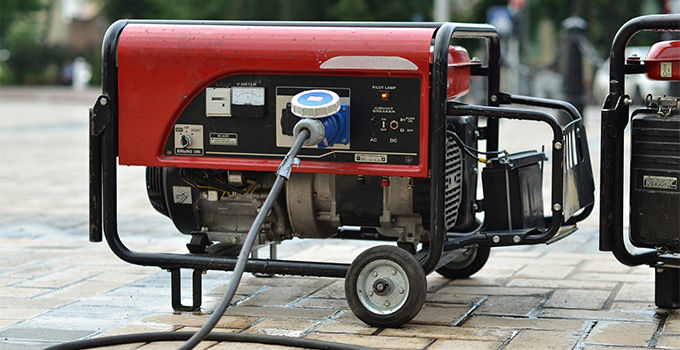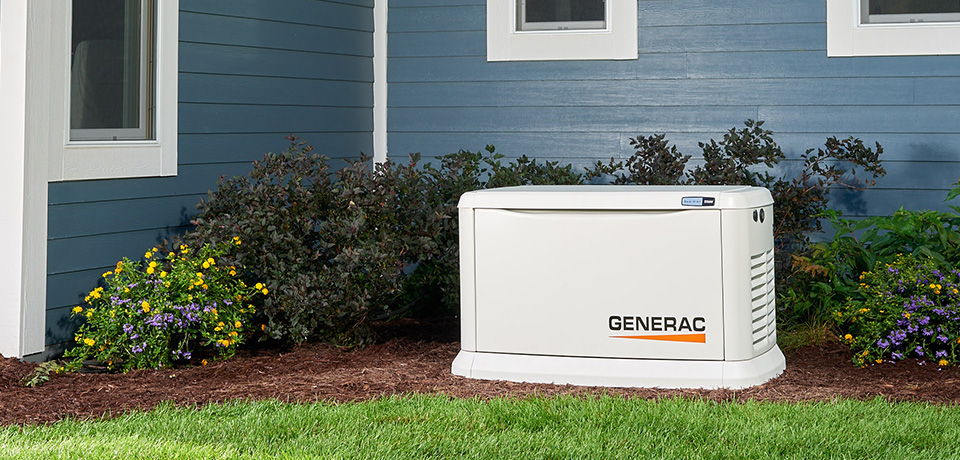When storm season hits and electrical blackouts are a real threat, smart homeowners are already prepared. Choosing a generator that’s right for you and your family before inclement weather hits can be the difference between being left in the dark or not. But which generator is right for you? While gas-powered generators may be more cost-effective up front, propane-powered generators can save you money in the long run.
Shelf Life
You probably won’t be using your generator every day, which means you’ll be storing it for the majority of the time. When it comes to shelf life, propane is a far superior fuel supply.
Gasoline is highly flammable and will degrade after a year. Propane, however, does not degrade over time. However, because propane is a hazardous material, it must be stored in a certified cylinder or storage tank. Recertification is required every 10 years for cylinders, while bulk storage units require reassessment every 25 years. Gasoline may also degrade the shelf life of your generator by leaving carbon deposits.
Maintenance and Mechanics
One major drawback to propane-powered generators is how difficult they can be to fix on your own. They are notorious for having more complicated mechanics than gas-powered generators, which leaves more room for operating errors.

Fuel Availability and Refilling
Gasoline is easy to find and access, in an emergency you can even siphon it out of the vehicles in your garage. Gas pumps, however, require electricity to operate. If the gas pumps are unable to access electricity, they won’t be able to operate.
If you’re relying on a propane-fuelled generator as a back-up power supply for your home, you will require a bulk tank. Barbecue cylinders are much too small to power a house; however, they are appropriate for camping generators. Call your nearest Co-op Propane branch and have an expert help determine what size of storage tank is best-suited for your needs.
Environmental Advantage
While propane generators are not as efficient as gas generators, they are more environmentally-friendly. They produce a lower amount of carbon monoxide comparatively, releasing roughly half the amount compared to a standard gasoline generator.
Other Storm Season Notes
After you’ve decided on a generator, prepare for power outages or disasters in other ways, too. First, start by assessing what types of disasters your area might see and plan accordingly. If it’s a blizzard or major storm, for example, make sure you have enough non-perishable food and water to last each member of your family three to four days. Canned goods are a great addition to any pantry.
Don’t forget to plan for entertainment, too. If you have little ones, you can make power outages fun with games that don’t require electricity. Some common road trip games can be played to pass the time during a blackout. Pack a closet with board games, cards and flashlights — even though you have a generator, you’ll still want to limit your power usage during an outage. Don’t forget a first-aid kit, sanitation supplies and extra blankets.
Whichever type of generator you own, refuel at your local Co-op Gas Bar.






